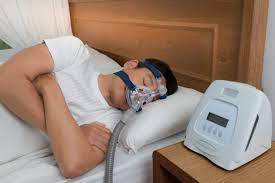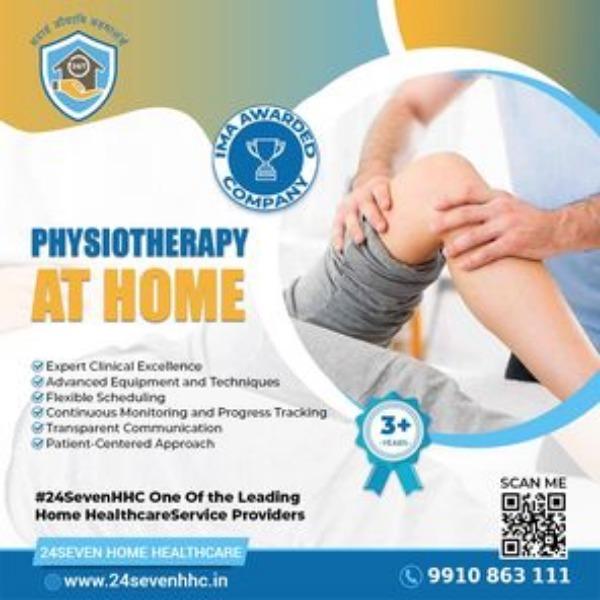
Patient care service in Noida Patient care enc...

Patient care service in Noida Patient care encompasses a range of activities and considerations aimed at providing quality healthcare services and promoting the well-being of patients. Here are some key aspects related to patient care: Communication and Empathy: Effective communication with patients is essential for building trust, understanding their needs, and providing appropriate care. Healthcare professionals should listen actively, show empathy, and involve patients in decision-making processes. Patient Assessment: Healthcare providers conduct thorough assessments to gather information about a patient's medical history, symptoms, and overall condition. This helps in formulating an accurate diagnosis and creating a personalized care plan. Care Planning: Based on the patient's assessment, healthcare professionals develop a care plan that outlines the interventions, treatments, medications, and other measures required to address the patient's needs and promote recovery. Medication Management: Proper medication management involves accurate prescription, administration, and monitoring of medications. Healthcare providers must ensure the correct medication, dosage, route, and timing, while also educating patients about medication use and potential side effects. Infection Control: Healthcare facilities employ strict infection control measures to prevent the spread of infections. This includes proper hand hygiene, adherence to standard precautions, and following specific protocols for handling infectious diseases. Pain Management: Effectively managing pain is crucial for enhancing patient comfort and improving outcomes. Healthcare professionals should assess and address pain promptly, considering both pharmacological and non-pharmacological approaches. Patient Education: Educating patients about their health conditions, treatment options, self-care practices, and lifestyle modifications empowers them to actively participate in their own care. Clear and concise instructions, visual aids, and written materials can aid in patient education. Emotional and Psychological Support: Patients may experience emotional distress, anxiety, or fear due to their health conditions. Healthcare professionals should provide emotional support, counseling, and referrals to support services when necessary. Continuity of Care: Ensuring continuity of care involves seamless coordination and communication between different healthcare providers and settings. This helps avoid gaps in care, facilitates the exchange of information, and promotes smooth transitions between hospital, home, and other care settings. Patient Safety: Patient safety is a critical aspect of care. This includes preventing medical errors, ensuring accurate identification of patients, maintaining a safe environment, and adhering to protocols for infection control, medication administration, and surgical procedures. Cultural Sensitivity: Recognizing and respecting the diverse cultural backgrounds and beliefs of patients is essential for providing culturally sensitive care. Healthcare providers should strive to understand and accommodate cultural differences in their interactions and care practices. Ethical Considerations: Healthcare professionals must uphold ethical principles, such as respect for autonomy, beneficence, and confidentiality, when making decisions about patient care. Ethical dilemmas may arise, and appropriate consultation and ethical frameworks can help guide decision-making. Remember, patient care is a multifaceted and dynamic process that requires the collaboration and dedication of healthcare professionals across various disciplines. Providing patient-centered care with compassion, competence, and a focus on individual needs is crucial for positive patient outcomes and satisfaction. #patientcareserviceinnoida #eldercareserviceinnoida
Keywords
Subscribe for latest offers & updates
We hate spam too.


